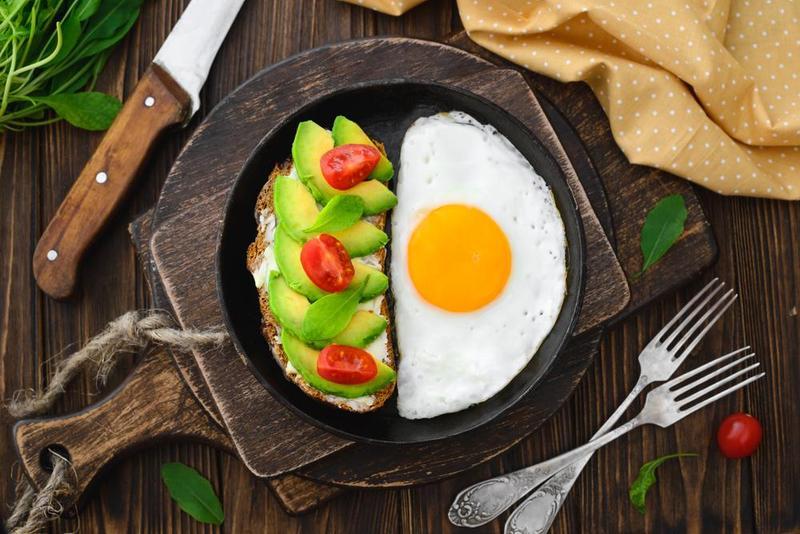How is Ovo-Vegetarian Diet different?
How is Ovo-Vegetarian Diet different?
An Ovo-Vegetarian Diet is a person who does not eat meat or dairy products but does eat eggs and egg-derived ingredients. This type of vegetarian doesn’t eat dairy, including milk, cheese, ice cream or butter. The ovo- prefix comes from the Latin word for egg. Very few people follow an ovo-vegetarian diet as compared with a lacto-ovo-vegetarian diet, a vegan diet, or even a lacto-vegetarian diet.
The Ovo-Vegetarian Diet
An ovo-vegetarian diet can include all fruits, vegetables, squashes, legumes, beans, and grains such as rice, quinoa, and barley; all seeds, spices and fresh herbs, eggs and products containing eggs such as egg whites, mayonnaise, egg noodles and some baked goods.
The diet would exclude all meat and animal flesh foods including beef, chicken, steak, shrimp, fish, pork. It would also exclude all animal milk and milk products including cow milk, goat milk, cheese, buffalo cheese, ice cream, butter, and all products made from these dairy products, including cheese pizza, whey protein, cream cheese, sour cream, and many baked goods.
What’s the Difference?
Ovo-vegetarians are less common than lacto-ovo-vegetarians, who consume dairy products such as milk, butter, cheese, and yogurt. They are different from vegans who consume no animal products, including eggs or any dairy products. Vegans often are scrupulous at looking at ingredients to ensure none are derived from eggs, meat, or dairy products.
Why People Choose an Ovo-Vegetarian Diet
You might choose an ovo-vegetarian diet for health reasons. One common reason is that you want to be a vegetarian but you are lactose-intolerant or are otherwise allergic to or sensitive to dairy products. You might find it difficult to get enough protein from a strict vegan diet, so you include humanely-produced eggs to supplement your protein needs. Egg whites are a very healthy source of protein while being low in calories and fat-free. While the yolk contains cholesterol and fat, it also supplies many essential fat-soluble vitamins and minerals.
Ethical reasons for choosing this diet are that you object to the conditions of dairy cows and therefore do not want to support the dairy industry. In this case, you probably only consume free-range chicken eggs or eggs from a known humane egg-raiser, due to concerns for how chickens are treated in the egg industry.
Scientifically, an egg has only half of the potential to become an animal. It has only half of a complement of chromosomes. It must be fertilized by a sperm cell for a complete cell to form and divide to become an animal. This is satisfactory for those whose ethics preclude eating the flesh of animals.
Be the first to post a message!
